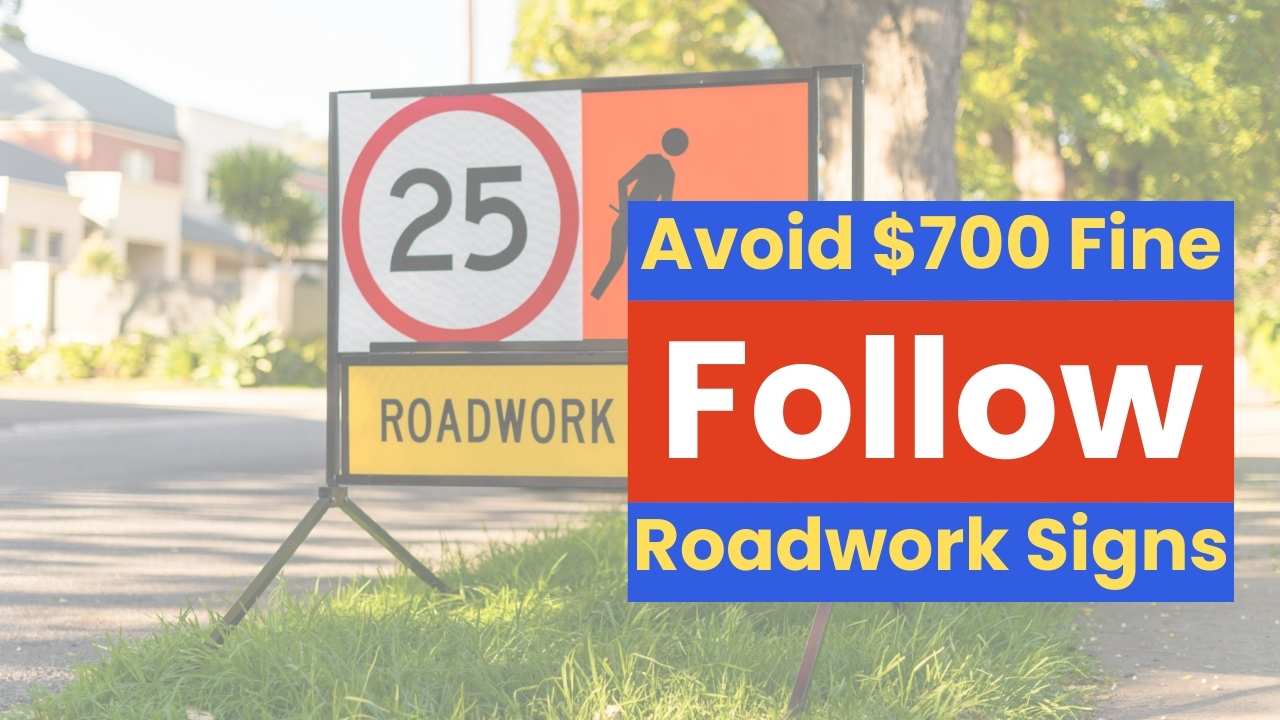In 2025, rumours spread quickly across Canada about sweeping new restrictions on senior drivers. Posts on Facebook, WhatsApp groups, and community forums claimed that a new “federal law” would ban Canadians from driving at 70 starting September 2025.
The reality is far less dramatic. Instead, provinces and territories are fine-tuning their own rules for medical assessments and licence renewals. The goal is not punishment but road safety, and the changes mainly affect drivers aged 70, 75, 80 and older.
Turning 70? Here’s How Canada’s New 2025 Licence Rules Affect You
Rumours of a sweeping federal ban on senior drivers in 2025 are false. Licensing remains in provincial hands, and there is no nationwide rule forcing Canadians off the road at 70.
Instead, provinces and territories are aligning health and renewal checks for drivers over 70. Rules vary by region, but the framework is meant to make standards more consistent.
Healthy seniors with no medical concerns can continue driving as normal. Extra tests, such as road exams, will only be requested if medical results raise safety flags.
The focus is on safety, not age discrimination. By balancing independence with public protection, Canada ensures seniors stay mobile while keeping roads safe for everyone.
New Licence Rules For Canada Seniors 70+
| Here Available | Canada Licence Rules for Seniors 70+ in 2025 |
| Federal Ban on Seniors | No such law exists |
| Who Sets Rules? | Provinces & territories, not Ottawa |
| Main Changes | Standardised medical/vision checks, renewal timelines |
| Age Groups Affected | 70, 75, 80+ depending on province |
| Road Tests | Only if medical results raise safety concerns |
| Costs for Exams | Varies – free in Quebec, ~$85–$150 in Alberta |
| Alternatives for Seniors | Public transit discounts, ride-shares, community shuttles |
| Bottom Line | Healthy seniors keep their licences beyond 70 |
Who Decides the Rules?
Contrary to viral claims, driver licensing is not managed federally. Transport Canada sets vehicle safety standards, but provinces and territories control driver licensing.
This means that rules differ: what applies in Ontario may not apply in Alberta or Nova Scotia. That’s why it’s vital for seniors to check their province’s official transport website instead of relying on social media chatter.
What Happens From September 2025?
There is no blanket ban. Instead, a national framework has been agreed upon to standardise assessments. Provinces will still enforce their own timelines, but the checks will look more consistent across Canada. Seniors Can Expect –
- Medical reports – Doctors may need to confirm eyesight, reflexes, and cognitive ability.
- Vision tests – To ensure safe day and night driving.
- Road tests – Only required if a medical report raises concerns.
- Renewals – In most provinces, older drivers must renew licences more frequently (every 2–5 years).
A healthy 72-year-old with no medical red flags will continue driving normally.
Why Seniors Are Being Targeted?
Authorities stress that this is about ability, not age discrimination. As people get older, certain health issues can affect safe driving. The main concerns are:
- Reduced reaction times – slower reflexes in emergency situations.
- Vision changes – difficulty with night driving, glare, or depth perception.
- Medical conditions – dementia, diabetes, or cardiovascular problems.
By introducing regular checks, governments hope to keep safe seniors on the road while identifying drivers whose health may put others at risk.
Province-by-Province Quick Update (2025)
| Province/Territory | Age Rules for Seniors | Medical/Testing Requirement |
|---|---|---|
| Ontario | At 80+ renew every 2 years | Group education, vision test, possible on-road test |
| Yukon | At 70, 75, 80, then every 2 years | Medical report required |
| Alberta | At 75, 80, then every 2 years | Medical report, may include vision check |
| Nunavut | At 75, 80, then every 2 years | Medical report required |
| Northwest Territories | Class 1–4: yearly after 65; Class 5–7: at 75, 80, every 2 years | Medical report mandatory |
| Saskatchewan | 5-year licence only | Renewal requires requalification |
| Nova Scotia | Licence valid 5 years | Renewal required |
| Newfoundland & Labrador | At 75, 80, then every 2 years | Medical report mandatory |
| Quebec | At 75+ every 2 years | Medical/vision exams cover under healthcare |
| New Brunswick | Renewal requires full examination | Medical reports may be needed |
| PEI | 5-year licence validity | Renewal required |
Public Debate
Supporters argue the system improves safety while allowing seniors who are fit to keep driving. Critics claim that medical exams create stress and financial pressure for seniors, especially those on fixed incomes. Medical community, the Canadian Medical Association has urged for national consistency to reduce confusion.
Rumours vs Reality
| Claim (Online) | Reality (Official) |
|---|---|
| Seniors over 70 will be banned from driving | False, No province enforces a blanket ban |
| Federal law kicks in September 2025 | False, Provinces control driver licensing, not Ottawa |
| All seniors must take a driving test at 65+ | False, Driving test only if health concerns are flagged |
| Seniors will lose independence immediately | False, Healthy seniors with clean medical reports can continue driving normally |
The Cost Factor
Medical or vision exams often come with a fee. Coverage differs across Canada:
- Ontario – Vision test usually free, but medical may not be.
- Alberta – Seniors often pay $85–$150 for exams.
- Quebec – Most costs covered by provincial healthcare.
- Atlantic Canada – Mixed rules, some subsidies available.
This uneven cost structure has drawn criticism, as some seniors face financial burdens while others are covered.
Why Now?
Statistics Canada reports a record number of licensed drivers over 70. While most are safe drivers, authorities recognise the risks of delayed reflexes and age-related medical conditions. By introducing consistent assessments, provinces aim to –
- Reduce accidents caused by undiagnosed health conditions.
- Balance independence with public safety.
- Provide fair, standardised rules across the country.
Alternatives to Driving
For seniors who may lose their licence, provinces are expanding transport support:
- Discounted public transport passes.
- Subsidised ride-share and volunteer driver programs.
- Community shuttles in rural towns.
These options aim to ensure seniors remain mobile and socially connected, even if they cannot drive.
Tips For Seniors Preparing in 2025
- Schedule eye and medical exams regularly.
- Stay physically active to maintain reflexes.
- Consider refresher driving courses (may lower insurance rates).
- Register for email/SMS reminders about licence renewals.
- Learn alternative transport options in your community.
Seniors Over 70 Face New Driving Licence Rules in Canada 2025
Despite the noise online, there is no federal ban on seniors driving in 2025. Provinces and territories remain in control, and the upcoming framework simply standardizes health checks across Canada.
For most seniors, the new rules will not change daily life, healthy drivers will keep their licences. The key is staying proactive; keeping up with medical exams, renewing on time, and being aware of provincial rules.
The bottom line? Canadian seniors can keep driving beyond 70, as long as they remain fit, safe, and compliant with their province’s renewal system.












